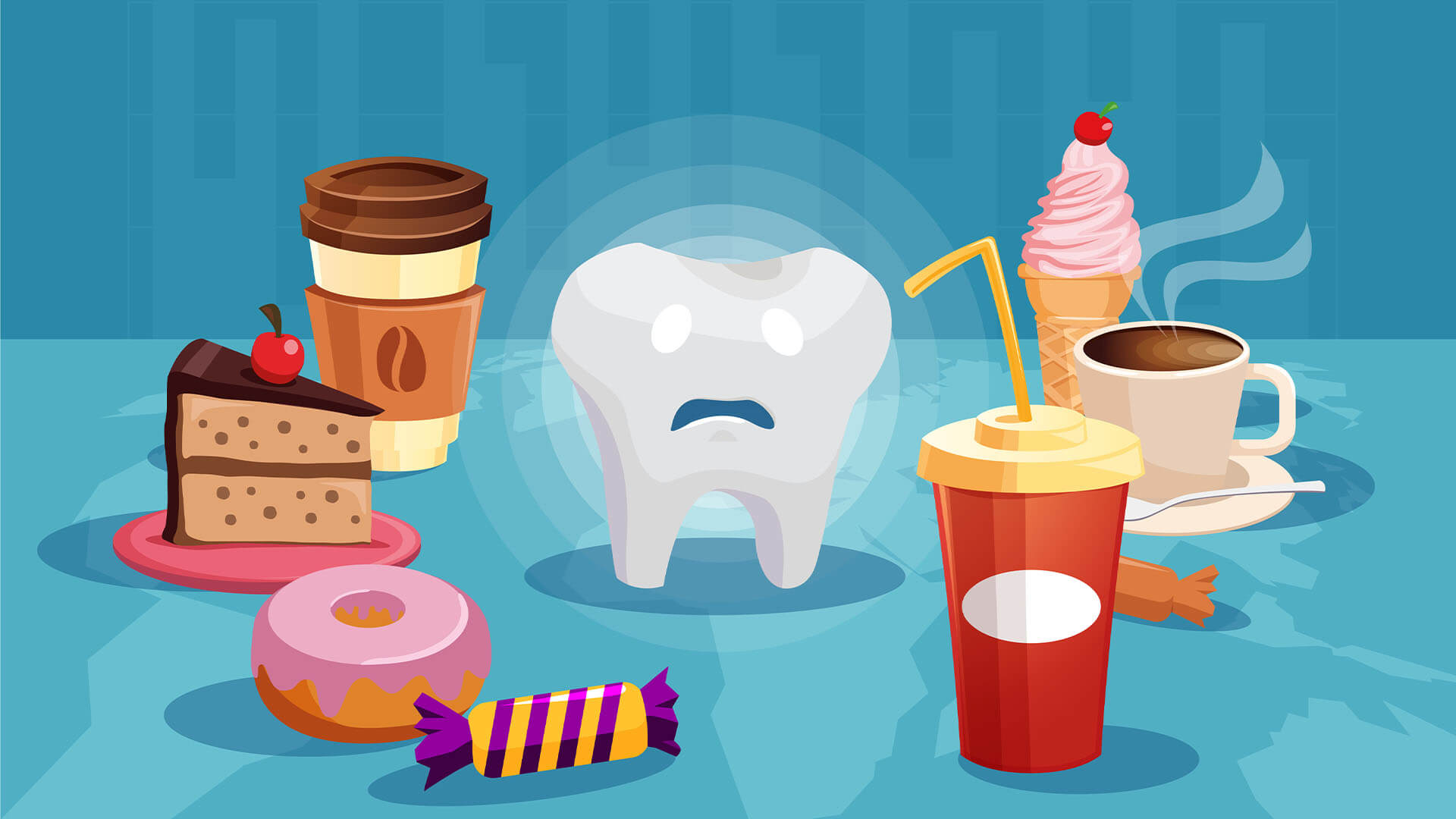The coronavirus pandemic has changed our lives immeasurably. With stay at home orders in place for much of the past year, we’ve been confined to our homes, only able to go out for daily exercise, essential shopping, and work for some.
During the first national lockdown in March 2020, many of us adopted healthy new habits by going out for daily runs, walks, or cycles. Sport England reported that over half of UK adults were exercising more as a result of lockdown. But it wasn’t to last.
Unhealthy habits in lockdown 2021
The current UK lockdown has seen many people practise less healthy lifestyles. 40% of people in the UK report doing less exercise now than in the first lockdown, while 19% of people are watching more TV.
One potentially unhealthy habit many people picked up during the first lockdown was snacking more. A joint study by St Thomas’s Charity and Bite Back 2030 found that 40% of young people were “grazing” on unhealthy snacks more during the first lockdown.
While home-cooking and consumption of fruit and vegetables increased, Britons were conversely given the unflattering title of “lockdown snackers of Europe”. Research showed that, during the first lockdown, we consumed:
- 29% more “convenience foods”
- 34% more “tasty treats”
- 29% more alcohol.
The fact that people are snacking more during lockdown is not surprising given the long-established link between snacking and boredom. Research from the University of Central Lancashire found that people crave and consume sugary and fatty foods when they’re bored. And, as we’re spending more time in front of the TV, it creates the perfect storm for mindless snacking.
Much of the attention around the effects of poor eating habits focuses on weight gain. But what about the impact unhealthy eating has on our teeth?
Is our dental health declining too?
In line with an increase in eating junk food and sugary snacks, our dental hygiene has been getting poorer. 55% of adults reported neglecting their oral health during the various national lockdowns. Startlingly, almost one in five admitted to not brushing their teeth twice a day, while 15% said they were simply brushing their teeth less.
As a result of this overconsumption and slipping dental hygiene, toothache is on the rise. Over a third of respondents said they had experienced toothache since the beginning of the pandemic. Worryingly, 9% experienced it for over two weeks.
Data collected by health cash plan provider Westfield Health shows the impact of these bad habits on our teeth. Google data shows that searches for “dentist filling” reached an all-time high in the past 12 months, peaking to its highest interest levels in February 2021. Our access to dentistry was also impacted by the lockdown. Appointments almost halved between 2019 and 2020, dropping from 39.5 million to under 20 million.
Due to limited access to dental care, many people have been taking dentistry into their own hands. Almost a quarter of people have sought dental solutions online during the coronavirus pandemic. A number of dentists have spoken out against self-treating dental problems.
So if you’ve noticed your oral health has been impacted by lockdown, how can you help yourself?
Practising good oral health
With the news that we’re consuming more sugar, which is the biggest cause of dental issues, as well as the fact that most dental problems are preventable, we do have the power to protect our teeth and ward off future issues.
Make a dental appointment
Despite the current national lockdown, dentist appointments are still available. Many people are avoiding booking an appointment due to fears around the coronavirus, but dental health experts recommend seeing your dentist. According to a MyDentist survey, 88% of dental professionals said that missing routine appointments as a result of the pandemic could lead to preventable issues getting worse.
If you’re concerned about hygiene practices, check out the British Dental Association’s guidance on attending a dental appointment during lockdown.
Cut down on sugary snacks
We know, it’s easier said than done. If you’ve gotten into the habit during lockdown, it can be a hard one to break. But as sugar is the single biggest cause of tooth decay, it’s the most impactful change you can make to protect your teeth. Why not try snacking on whole fruits for that sweet kick or replace your favourite snacks with low or no-sugar alternatives?
Cut down on alcohol
Alcohol consumption rose throughout each national lockdown. 26% of UK adults drank more during the first national lockdown, while 10% – equating to 4.6 million people – drank more during all lockdowns. Google data further shows that searches for “red wine”, a known tooth-staining drink, hit their highest interest levels between February 2020 and February 2021, with the term set to peak again over the next few months. While cutting down consumption will help your teeth and overall health, switching to white wine or low-sugar alcohol will help your dental health.
Don’t get lax with your brushing
Arguably one of the most surprising stats from UK lockdowns is how much people are neglecting their usual oral hygiene routines. Remembering to brush your teeth twice a day for two minutes is essential to your oral health. Failing to do so can lead to gum disease and tooth decay. When this only takes a total of four minutes out of your day, it’s the easiest way to protect your teeth.
Lockdown has had an impact on pretty much every area of our lives, from work to socialising and our health. With the news that snacking on sugary treats and alcohol consumption have gone up, it’s more important than ever to look after our health and our teeth.

















